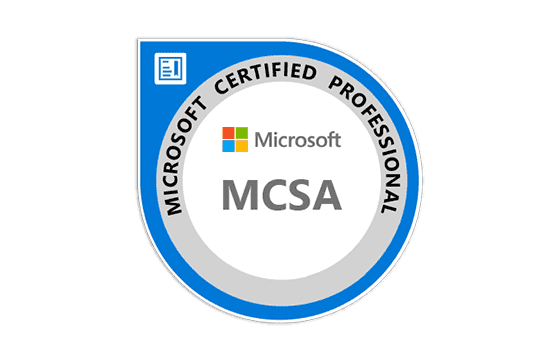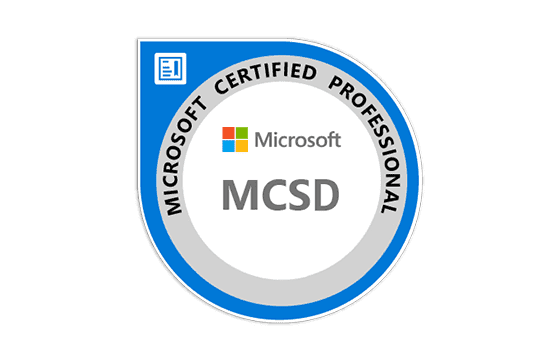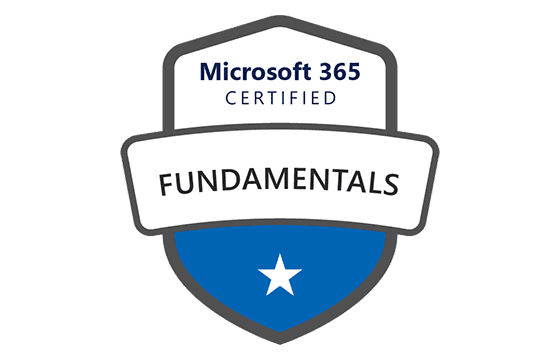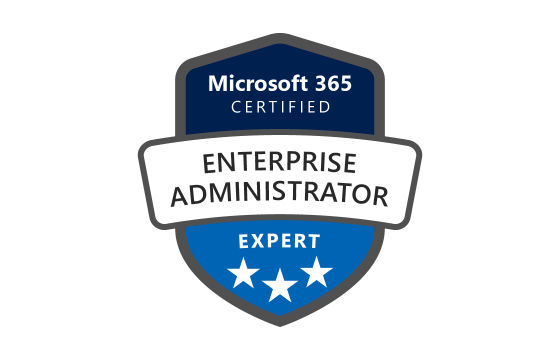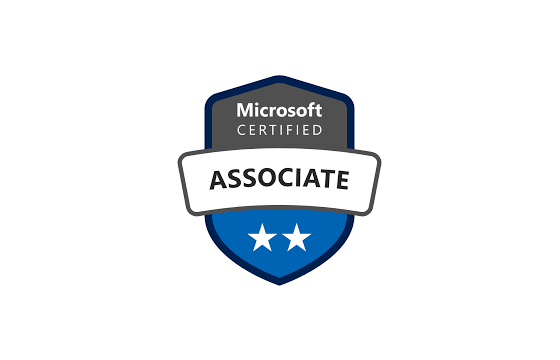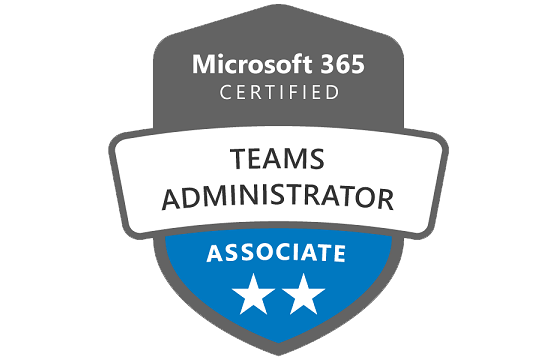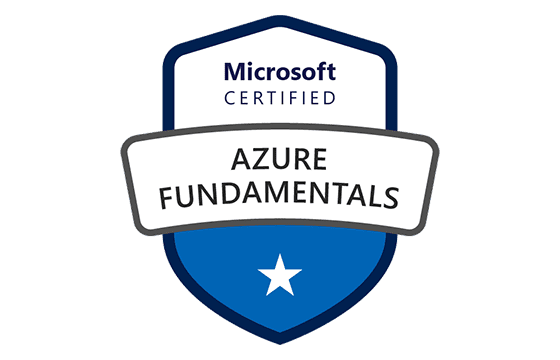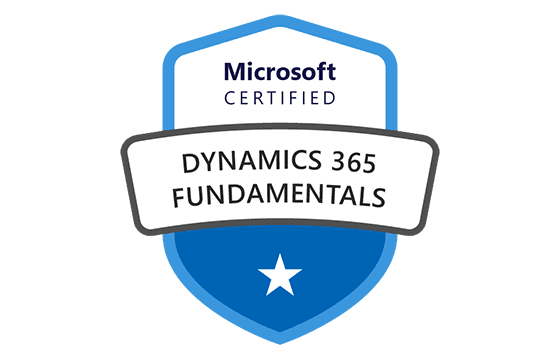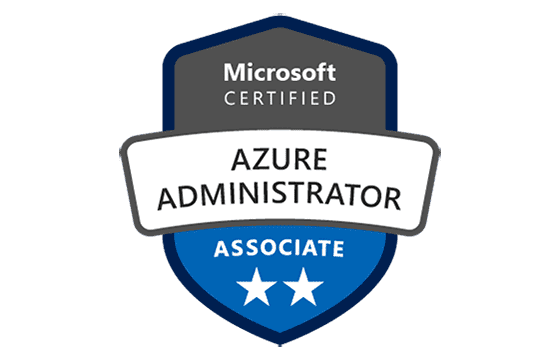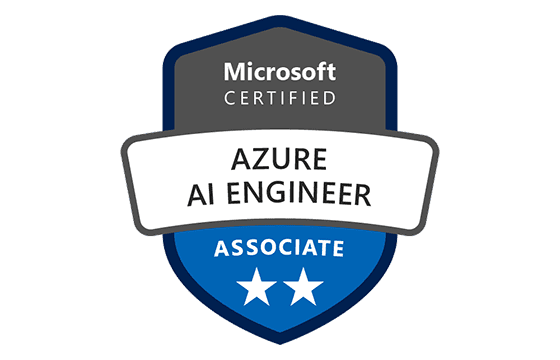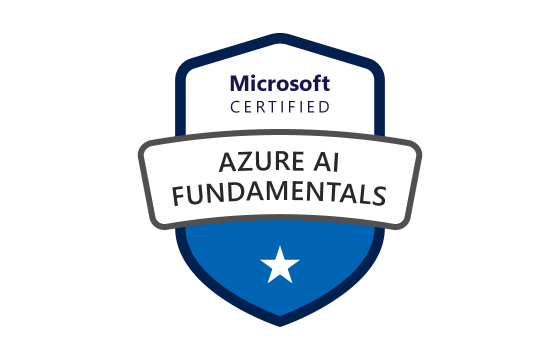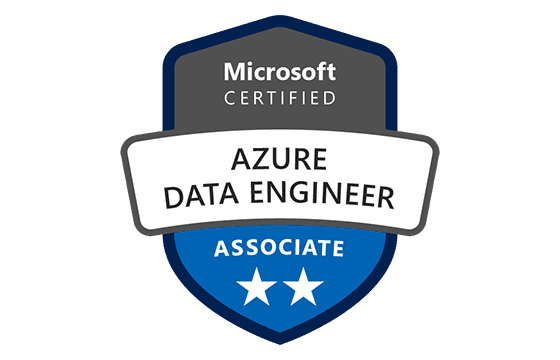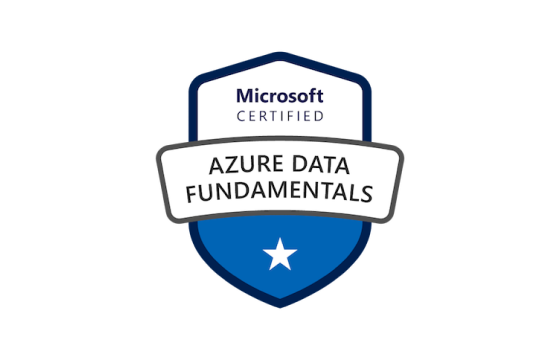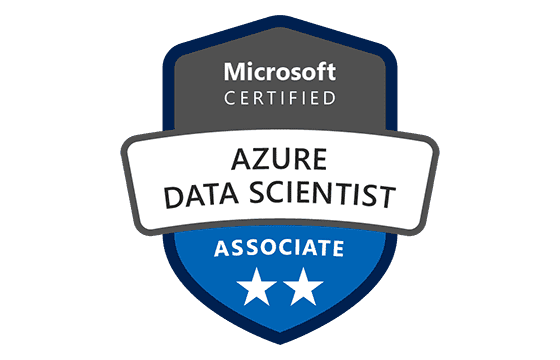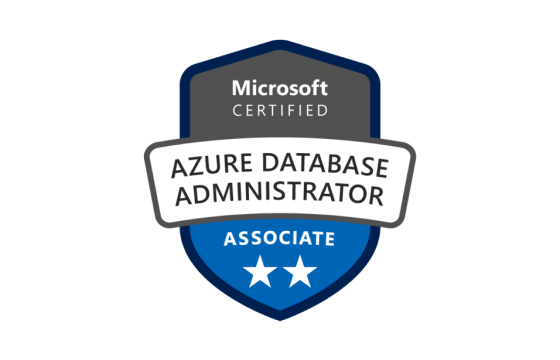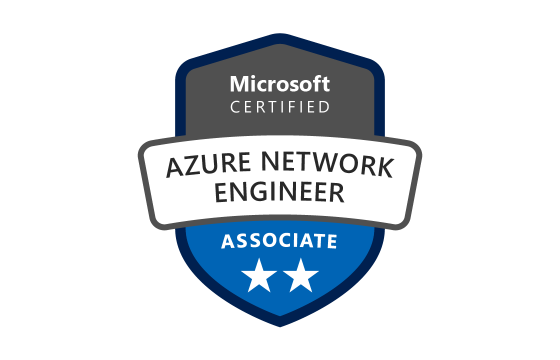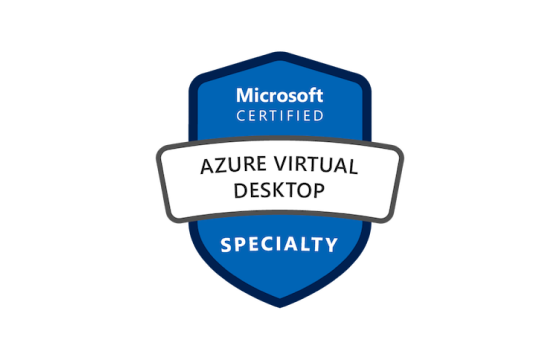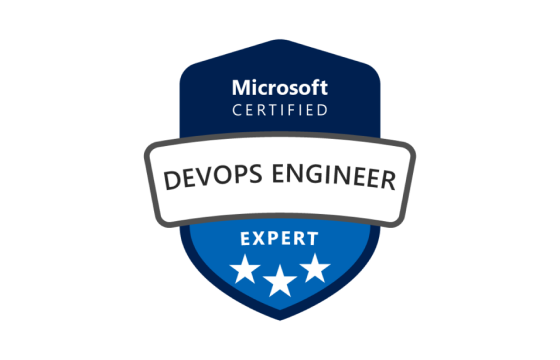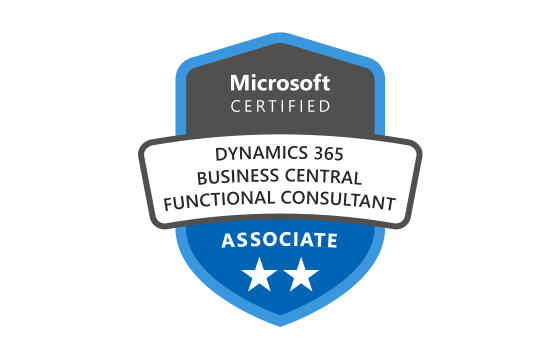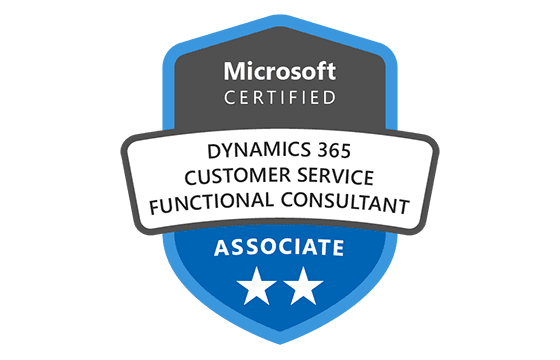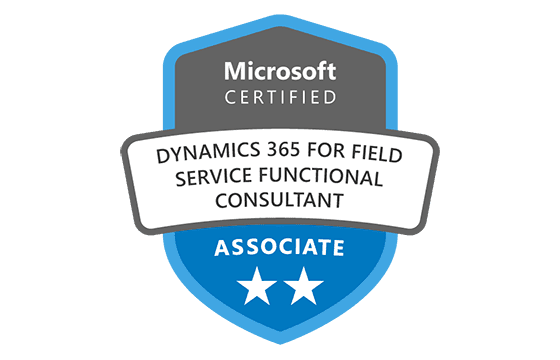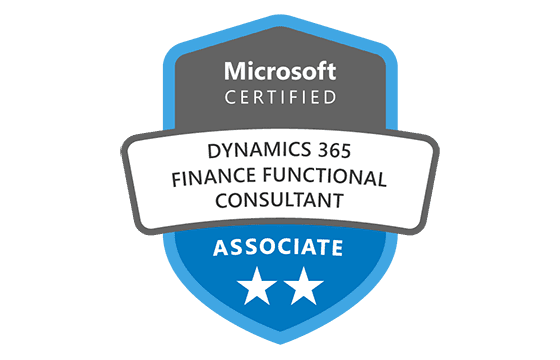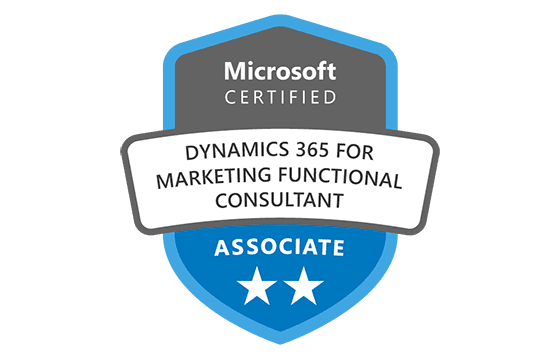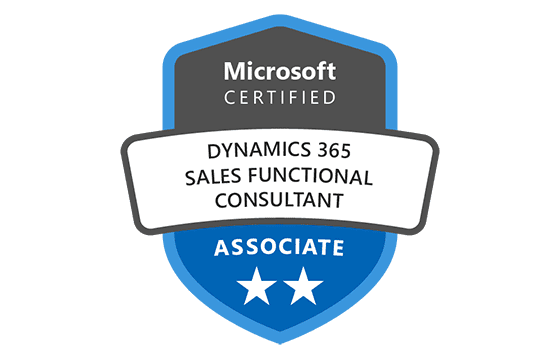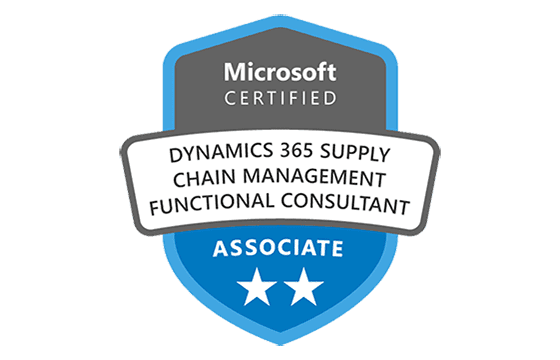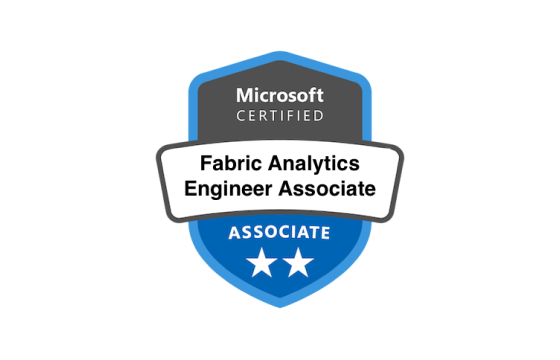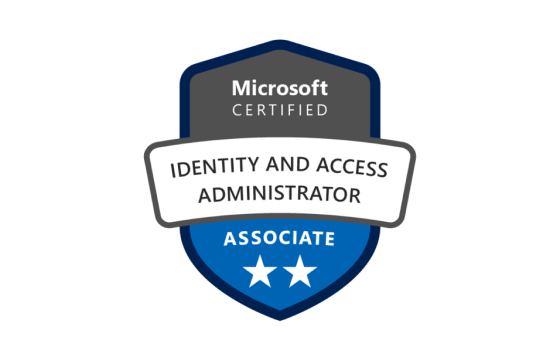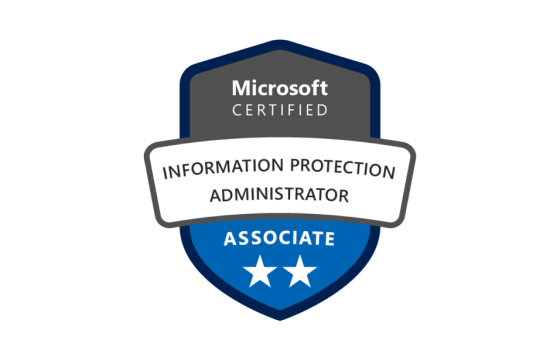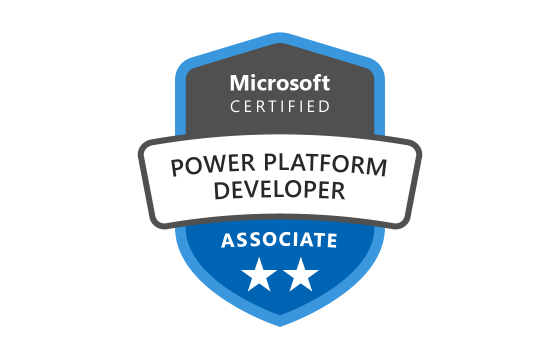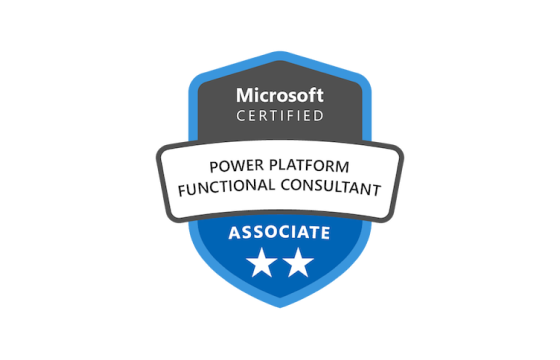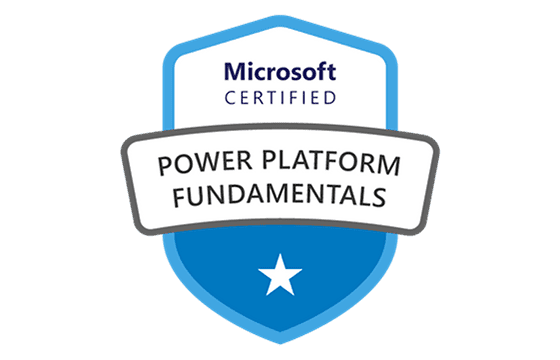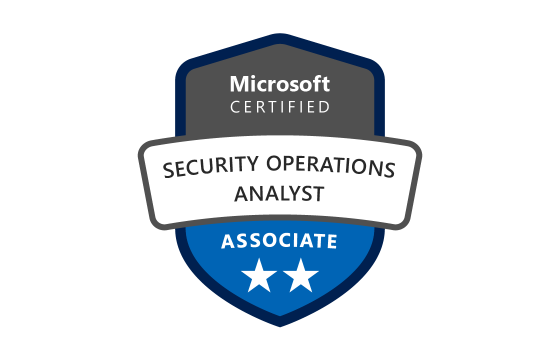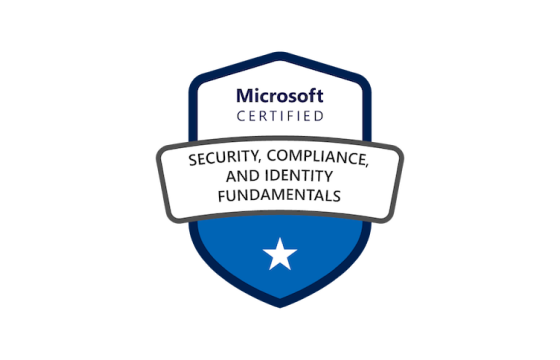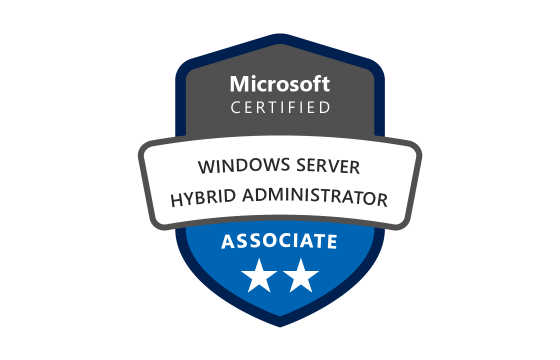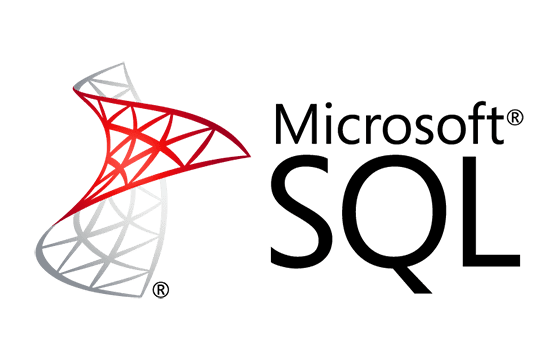Pass Your Microsoft Certified: Power Automate RPA Developer Associate Certification Easy!
Microsoft Certified: Power Automate RPA Developer Associate Certification Exams Questions & Answers, Accurate & Verified By IT Experts
Instant Download, Free Fast Updates, 99.6% Pass Rate.
Download Free Microsoft Certified: Power Automate RPA Developer Associate Practice Test Questions VCE Files
| Exam | Title | Files |
|---|---|---|
Exam PL-500 |
Title Microsoft Power Automate RPA Developer |
Files 1 |
Microsoft Certified: Power Automate RPA Developer Associate Certification Exam Dumps & Practice Test Questions
Prepare with top-notch Microsoft Certified: Power Automate RPA Developer Associate certification practice test questions and answers, vce exam dumps, study guide, video training course from ExamCollection. All Microsoft Certified: Power Automate RPA Developer Associate certification exam dumps & practice test questions and answers are uploaded by users who have passed the exam themselves and formatted them into vce file format.
Understanding Microsoft Power Automate and RPA Certification
The digital world is evolving rapidly, and one of the most influential trends shaping modern organizations is automation. Companies across industries are searching for ways to streamline processes, reduce manual effort, and deliver faster results. Microsoft Power Automate has emerged as one of the leading platforms enabling this transformation. With its ability to connect apps, automate workflows, and introduce robotic process automation (RPA), it is changing how businesses operate.
To support professionals who want to master these tools, Microsoft offers the Power Automate RPA Developer Associate certification. This credential validates expertise in building and managing automation solutions that not only improve productivity but also enhance decision-making and reduce errors. Understanding what this certification means, why it matters, and how it connects to industry needs is an essential first step for anyone considering it.
What is Microsoft Power Automate
Microsoft Power Automate is part of the Microsoft Power Platform, which also includes Power BI, Power Apps, and Power Virtual Agents. Together, these tools give organizations the ability to analyze data, create custom applications, build intelligent chatbots, and automate business processes. Power Automate is focused specifically on automation and integration.
The platform allows users to build workflows that connect multiple applications and services. For instance, a company might use Power Automate to automatically generate an invoice when a sales order is received, send an approval request to a manager, update the finance database, and notify the customer service team. What once required manual effort can now happen seamlessly in the background.
Robotic Process Automation, or RPA, is a key feature within Power Automate. With RPA, organizations can automate repetitive tasks that normally require human interaction with a user interface. For example, RPA bots can copy data from one system to another, extract information from PDFs, or perform data entry tasks. This ability is especially valuable for businesses still reliant on legacy applications that lack APIs or modern integrations.
The Rise of Robotic Process Automation
Automation is not a new concept, but the use of robotic process automation has grown exponentially in recent years. Businesses face increasing pressure to do more with less, and RPA offers a practical way to cut costs while improving accuracy and efficiency.
Unlike traditional automation, which often requires coding skills and complex systems, RPA provides a more accessible approach. Employees can design automation scripts visually, making it easier for both developers and business professionals to contribute to automation initiatives.
Industries such as finance, healthcare, logistics, and manufacturing are already using RPA to handle time-consuming tasks. For example, in banking, bots can process loan applications and compliance checks. In healthcare, they can assist in patient data management. In logistics, RPA streamlines shipment tracking and order fulfillment. These applications highlight the importance of skilled professionals who can design, manage, and maintain automation solutions.
Why Microsoft Offers the Power Automate RPA Developer Associate Certification
Microsoft certifications have long been recognized as industry standards for validating technical skills. The Power Automate RPA Developer Associate certification was created to address the rising demand for automation professionals.
By earning this credential, candidates demonstrate their ability to:
Build automation workflows using Power Automate
Create and deploy attended and unattended RPA bots
Integrate AI through Microsoft’s AI Builder
Connect and manage data across Microsoft Dataverse and other platforms
Optimize existing processes to reduce time and cost
Organizations value certified professionals because they bring proven skills that can be applied immediately to real-world challenges. For individuals, certification serves as both a career boost and a confidence builder, signaling to employers and peers that they have mastered an in-demand area of technology.
Who Should Consider This Certification
The Power Automate RPA Developer Associate certification is suitable for a variety of professionals, each with different motivations for pursuing it.
Developers who want to specialize in automation and broaden their career opportunities
IT professionals tasked with maintaining enterprise systems and optimizing workflows
Business analysts interested in bridging the gap between business needs and technical solutions
Students and early-career professionals looking to enter the technology sector with future-ready skills
Consultants or freelancers aiming to provide automation services to clients
Since automation is becoming a universal requirement across industries, the certification is not limited to one type of professional. Anyone with a passion for technology and process improvement can benefit from the skills it validates.
Benefits of Earning the Certification
The advantages of earning this certification extend beyond the immediate technical knowledge gained. Some of the most significant benefits include:
Increased employability in a competitive job market
Higher earning potential, as certified professionals often command better salaries
Recognition from peers and employers as a subject matter expert in RPA
Access to opportunities in diverse industries that rely on automation
Improved ability to contribute to organizational digital transformation initiatives
Certification also encourages continuous learning, as technology evolves and new features are regularly introduced into Power Automate. Holding the credential signals not only current expertise but also a commitment to staying updated.
The Role of Automation in Digital Transformation
Every organization is now focused on digital transformation, the process of integrating technology into every part of a business to deliver greater value. Automation plays a central role in this shift. By automating repetitive, manual tasks, employees are freed to focus on higher-value activities such as strategy, innovation, and customer engagement.
Power Automate and RPA allow businesses to move faster, adapt quickly to changes, and improve customer experiences. For example, automated onboarding processes can make new employees productive faster. Automated reporting can provide managers with real-time insights. Automated customer service responses can resolve issues promptly.
As organizations adopt these practices, the need for certified automation professionals will only grow. Those with the Power Automate RPA Developer Associate certification will be positioned to lead these efforts.
Real-World Applications of Power Automate and RPA
To appreciate the impact of Power Automate, it is helpful to look at specific use cases where it makes a difference.
In retail, automation can manage inventory updates and supplier communications
In education, RPA bots can process student applications and manage course enrollments
In government, automation streamlines public service processes such as license renewals and tax filings
In customer service, chatbots integrated with Power Automate can handle routine inquiries while agents focus on complex cases
These examples show that the technology is versatile and adaptable to different contexts. By earning the certification, professionals gain the ability to contribute to projects like these and become valuable assets to their organizations.
How Power Automate Fits Within Microsoft’s Ecosystem
Microsoft’s strength lies in its ecosystem of products and services. Power Automate integrates seamlessly with Microsoft 365, Azure, Dynamics 365, and hundreds of third-party applications. This ecosystem approach ensures that certified professionals can work across different technologies without starting from scratch.
For example, Power Automate flows can be triggered by activities in Outlook, Teams, or SharePoint. They can also connect with data stored in Azure SQL databases or Salesforce. AI Builder allows flows to incorporate machine learning capabilities such as form recognition and sentiment analysis.
This interconnected approach makes the certification particularly valuable because it does not just teach isolated skills. Instead, it prepares professionals to operate within a larger technology landscape.
The Future of Automation Careers
The rise of automation has sparked debates about the future of work. While some worry about job displacement, the reality is that automation is creating new opportunities for skilled professionals. Companies need developers, analysts, and strategists who can design and manage automated systems.
The demand for automation specialists is expected to grow rapidly in the coming years. According to industry reports, the RPA market is projected to be worth billions of dollars within this decade. As organizations seek to implement automation on a larger scale, certified professionals will find themselves in high demand.
This trend makes the Power Automate RPA Developer Associate certification not only relevant today but also a strong investment in future career stability.
Microsoft Power Automate is transforming the way businesses approach efficiency and productivity. With the ability to automate repetitive tasks, connect systems, and integrate AI, it has become a cornerstone of digital transformation strategies. The Power Automate RPA Developer Associate certification validates the skills needed to harness this technology effectively.
For professionals, earning this certification opens doors to new career opportunities, higher salaries, and the chance to lead automation initiatives across industries. For organizations, employing certified professionals ensures smoother adoption of automation technologies and measurable improvements in performance.
As automation continues to grow in importance, the value of this certification will only increase. For anyone seeking to align their career with the future of work, this credential offers a pathway to success.
Skills and Knowledge Gained from Microsoft Power Automate RPA Developer Associate Certification
The Microsoft Power Automate RPA Developer Associate certification is more than just a credential. It is a structured pathway that equips professionals with the practical skills needed to design, deploy, and manage automation solutions. This certification reflects not only the ability to use Power Automate but also the capacity to integrate it into business processes to solve real-world problems. Understanding the specific knowledge and expertise that come with this certification helps professionals see its true value.
Mastering Robotic Process Automation
At the core of the certification lies the ability to work with robotic process automation. RPA allows repetitive tasks to be automated, particularly those requiring interaction with user interfaces. This skill is critical in organizations that rely heavily on legacy applications or manual processes.
By earning this certification, candidates learn how to build both attended and unattended bots. Attended bots work alongside users, helping them complete tasks faster, while unattended bots can run independently in the background without human intervention. Both are essential in modern automation strategies.
Developers also gain the knowledge to manage exceptions, handle errors, and create resilient bots that can continue running smoothly in complex environments. This goes beyond basic automation and ensures solutions are reliable in production scenarios.
Workflow Design and Process Optimization
Another important area covered in the certification is workflow design. Power Automate allows the creation of flows that connect multiple services and applications. A certified professional learns how to analyze existing processes, identify inefficiencies, and design workflows that streamline operations.
This includes building approval workflows, automating data entry tasks, and creating scheduled processes that eliminate manual work. Professionals also gain insights into process optimization, which involves evaluating how a workflow performs and making adjustments to improve efficiency. This mindset is valuable in organizations constantly seeking ways to reduce costs and increase productivity.
Integration with AI Builder
Artificial intelligence is an increasingly important component of automation. The certification ensures that candidates can leverage AI Builder, a tool within the Power Platform that adds intelligence to automation solutions. With AI Builder, flows can analyze documents, recognize images, classify data, and even interpret sentiment in customer feedback.
By learning how to integrate AI into automation workflows, certified professionals can create solutions that go beyond simple rule-based tasks. For example, they might automate invoice processing by using AI to extract data from scanned documents and then input it into financial systems. This combination of AI and automation allows organizations to achieve higher levels of accuracy and efficiency.
Connecting Data and Systems
Modern businesses use a variety of systems to manage operations, from customer relationship management platforms to enterprise resource planning tools. The certification prepares professionals to connect these systems using Power Automate.
Certified developers learn how to integrate with Microsoft Dataverse, which serves as a central data platform for the Power Platform ecosystem. They also understand how to connect to third-party services, databases, and APIs. This capability is critical because automation is only effective when different systems can communicate with one another.
For instance, a flow might collect customer information from a web form, store it in Dataverse, notify a sales team in Microsoft Teams, and update the customer record in Dynamics 365. This seamless data flow reduces manual entry and ensures information is always up to date.
Troubleshooting and Solution Management
Automation solutions are only as good as their reliability. The certification teaches candidates how to identify errors, monitor flows, and troubleshoot issues that arise during execution. This includes handling failed runs, resolving connectivity issues, and ensuring that sensitive data is handled securely.
Certified professionals also learn how to manage automation solutions in a production environment. This involves deploying bots, monitoring their performance, and making iterative improvements. Strong troubleshooting skills ensure that automation continues delivering value even as business requirements change.
Security and Governance in Automation
Security is a major concern when dealing with automation, especially in industries like finance and healthcare. The certification emphasizes best practices for managing access, protecting data, and ensuring compliance with organizational policies.
Candidates gain knowledge about role-based access control, data loss prevention policies, and secure handling of credentials within Power Automate. They also learn how to implement governance strategies that balance innovation with oversight, ensuring that automation solutions meet both business and compliance requirements.
Comparison with Other Automation Certifications
While there are several automation certifications available, the Microsoft Power Automate RPA Developer Associate stands out for its integration with the broader Microsoft ecosystem. Competitors such as UiPath and Automation Anywhere also offer strong RPA certifications, but they often focus solely on RPA without the same level of connectivity to productivity tools and business applications.
This certification ensures that professionals not only understand RPA but also know how to apply it in environments where Microsoft 365, Dynamics 365, and Azure are already in use. Given the widespread adoption of Microsoft technologies, this alignment provides a distinct advantage for certified professionals.
Business Impact of the Skills Learned
The skills gained through this certification directly translate into business benefits. Automating repetitive processes reduces labor costs and minimizes human error. Integrating AI into workflows enables smarter decision-making and faster data processing. Ensuring security and governance helps organizations maintain trust and comply with regulations.
Certified professionals contribute to building automation solutions that scale across departments and deliver measurable improvements in efficiency. This makes them valuable not just as technical experts but also as strategic contributors to organizational goals.
Real-World Case Studies of Automation Success
To illustrate the value of the skills gained, consider a healthcare organization that used Power Automate to streamline patient intake. By automating the process of collecting patient data, verifying insurance information, and updating records, the organization reduced administrative workload and improved patient experiences.
In finance, companies have used Power Automate bots to reconcile accounts, detect anomalies in transactions, and generate compliance reports automatically. These solutions save countless hours and reduce the risk of costly mistakes.
Educational institutions have also benefited, with RPA bots managing course registrations, exam scheduling, and communication with students. This has allowed staff to focus more on teaching and less on administrative tasks.
These examples highlight how the skills validated by the certification apply across industries, making it a versatile and valuable credential.
Building Problem-Solving and Analytical Thinking
Beyond technical expertise, the certification fosters problem-solving and analytical thinking. Certified professionals learn how to break down complex processes, identify areas for improvement, and design solutions that address specific challenges. This analytical approach is essential for successful automation projects, which often require a deep understanding of both technology and business needs.
The ability to think critically about processes also prepares professionals to adapt as technologies evolve. As new features are introduced in Power Automate, certified individuals will be able to quickly understand how they can be applied to solve real-world problems.
Preparing for Future Career Growth
The knowledge gained from this certification not only provides immediate value but also lays the foundation for future career growth. Many professionals use this certification as a stepping stone to more advanced roles within the Microsoft ecosystem. For instance, certified RPA developers may later pursue certifications in Power Platform Solution Architecture or Azure AI.
The skills are also transferable, meaning they can be applied to other automation platforms and technologies. Understanding how to analyze processes, design workflows, and integrate systems is valuable regardless of the specific tools being used.
The Role of Community and Collaboration
Another aspect of the certification is the emphasis on collaboration and community. Power Automate has an active community of developers, analysts, and enthusiasts who share solutions, templates, and best practices. Certified professionals are encouraged to participate in this community, both to learn from others and to share their own expertise.
Collaboration is also important within organizations. Automation projects often involve multiple stakeholders, including IT teams, business units, and leadership. The certification prepares professionals to communicate effectively with these groups and ensure that solutions align with organizational goals.
The Microsoft Power Automate RPA Developer Associate certification equips professionals with a wide range of valuable skills. From mastering robotic process automation and designing workflows to integrating AI and ensuring security, the certification covers every aspect of modern automation. These skills not only make certified individuals more employable but also enable them to deliver tangible benefits to their organizations.
As businesses continue to embrace automation, the knowledge gained from this certification will only become more relevant. It provides professionals with the ability to solve complex problems, optimize processes, and contribute to digital transformation initiatives. For anyone seeking to build a future-proof career in technology, the Power Automate RPA Developer Associate certification represents a powerful step forward.
Exam Breakdown and Preparation Guide for Microsoft Power Automate RPA Developer Associate
Preparing for the Microsoft Power Automate RPA Developer Associate certification requires more than casual study. This exam is designed to measure not only theoretical knowledge but also the practical ability to design and implement automation solutions in real-world scenarios. Understanding the structure of the exam, the domains it covers, and the best ways to prepare is essential for anyone serious about earning this credential.
Exam Structure and Key Details
The certification exam follows Microsoft’s established testing format. Candidates can expect multiple-choice questions, scenario-based items, drag-and-drop tasks, and case studies that require applying knowledge in practical contexts.
The test typically contains between 40 and 60 questions, with a time limit of around 100 to 120 minutes. The passing score is generally 700 out of 1000. The exam is proctored, which means candidates will either take it in an official testing center or online under supervision.
Questions are designed to assess both foundational understanding and advanced problem-solving. Candidates must demonstrate the ability to configure automation solutions, troubleshoot issues, and optimize processes, not just recall definitions.
Core Exam Domains
The exam is divided into key domains, each with a specific weight in scoring. While percentages can change as Microsoft updates objectives, the following areas consistently appear:
Designing and developing automation solutions
Implementing RPA with Power Automate Desktop
Integrating with AI Builder and Microsoft Dataverse
Managing and deploying automation flows
Troubleshooting and performance optimization
Applying security and governance principles
Candidates who master these areas will be well-prepared to handle the exam’s challenges.
Designing Automation Solutions
A significant portion of the exam focuses on designing solutions that solve business problems. Candidates must demonstrate the ability to analyze processes, select appropriate automation tools, and design workflows that achieve measurable improvements.
This involves identifying repetitive tasks, mapping workflows, and using Power Automate features to replace manual activities. Questions may ask candidates to choose the most efficient solution given a set of requirements.
Working with Power Automate Desktop and RPA Bots
The heart of the certification lies in robotic process automation. Candidates must know how to use Power Automate Desktop to build, configure, and deploy bots.
Key skills include recording desktop actions, working with user interface elements, handling exceptions, and creating both attended and unattended bots. The exam also tests the ability to manage bot execution and ensure they interact reliably with other systems.
Integrating AI and Dataverse
Artificial intelligence and data connectivity play a critical role in automation. The exam evaluates a candidate’s ability to incorporate AI Builder models into workflows, such as form processing, object detection, and sentiment analysis.
Understanding Microsoft Dataverse is also essential. Candidates must know how to connect flows to Dataverse tables, perform CRUD operations, and ensure data integrity. This knowledge ensures they can design automation solutions that not only work but also align with organizational data strategies.
Managing and Deploying Automation Solutions
Automation does not stop at development. The exam includes questions on managing, sharing, and deploying flows within an organization. Candidates must understand environments, solutions packaging, and best practices for deploying automation across development, test, and production environments.
The ability to collaborate with teams and implement governance strategies also comes into play. For example, candidates may be asked how to enforce data loss prevention policies or how to grant permissions to automation users.
Troubleshooting and Performance Optimization
Every automation solution faces issues at some point. The exam tests the ability to identify problems, debug workflows, and optimize performance. Candidates should know how to read error logs, handle failed runs, and design flows that are resilient to common issues.
Performance optimization is another important aspect. Exam items may require identifying ways to improve a flow’s efficiency, such as reducing unnecessary triggers or consolidating steps.
Security and Governance
The final domain emphasizes the importance of secure and compliant automation. Candidates must understand role-based access, environment policies, and secure handling of sensitive information like credentials. They may be tested on how to implement governance frameworks that allow innovation while protecting organizational assets.
Recommended Learning Resources
Microsoft provides a range of resources to help candidates prepare. The Microsoft Learn platform offers free modules specifically tailored to the certification. These include interactive lessons, labs, and practice exercises.
Other useful resources include:
Official Microsoft documentation for Power Automate and RPA
Online courses and tutorials offered by training providers
Community blogs, forums, and user groups where real-world scenarios are discussed
Hands-on practice with Power Automate Desktop and cloud flows
Combining theoretical study with hands-on experience ensures candidates are prepared for both knowledge-based and scenario-based questions.
Study Roadmap for Success
A structured study plan is essential. Candidates should begin by reviewing the official exam guide, which outlines the skills measured. From there, a typical roadmap might look like this:
Week 1–2: Gain a strong understanding of Power Automate basics, including cloud flows and connectors
Week 3–4: Dive into Power Automate Desktop and RPA, practicing by building bots for simple tasks
Week 5–6: Study AI Builder and Dataverse integration, experimenting with real use cases
Week 7: Focus on deployment, environments, and governance
Week 8: Review troubleshooting techniques, take practice exams, and reinforce weak areas
This roadmap ensures steady progress and sufficient time for review before the test date.
Practice Question Examples
To give a sense of what the exam might include, consider these examples:
A company wants to automate invoice processing by extracting data from scanned documents. Which Power Platform feature should you recommend?
Answer: AI Builder form processing model integrated with Power Automate flow.You are building a bot in Power Automate Desktop that needs to extract values from a web application. Which action type should you use?
Answer: Web recorder or UI element actions.A flow you deployed is failing due to a permissions error when accessing Dataverse tables. What is the best troubleshooting step?
Answer: Verify that the service account has the appropriate Dataverse security roles.
While actual exam questions are more detailed, practicing with scenario-based items prepares candidates for the format.
Common Pitfalls to Avoid
Many candidates make avoidable mistakes that hurt their exam performance. Common pitfalls include:
Relying too heavily on memorization instead of practical application
Ignoring Dataverse or AI Builder, assuming the exam focuses only on RPA
Overlooking security and governance, which play a significant role
Failing to practice troubleshooting flows in real environments
Avoiding these pitfalls requires balancing study with hands-on experimentation.
Time Management During the Exam
Time management is critical. Candidates should allocate about two minutes per question, leaving extra time for case studies and reviews. It is better to answer all questions initially, flagging difficult ones for later review.
Practicing with timed mock exams can help candidates build confidence and avoid running out of time on test day.
Building Confidence Before the Exam
Preparation is not only about knowledge but also about confidence. Candidates should schedule regular practice sessions, simulate exam conditions, and track progress. Joining study groups or online forums can provide additional support and motivation.
Relaxation techniques such as deep breathing before the exam can also help reduce anxiety and improve performance.
The Value of Preparation
The effort invested in preparing for the exam pays dividends beyond the credential itself. By studying deeply and practicing consistently, candidates build skills that can be immediately applied in their jobs. This preparation process often uncovers new ways to solve problems and optimize workflows, making professionals more effective even before certification is achieved.
The Microsoft Power Automate RPA Developer Associate certification exam is rigorous but rewarding. By understanding its structure, mastering core domains, and following a structured study plan, candidates can approach the test with confidence. The skills gained during preparation not only ensure success on exam day but also equip professionals to design and manage automation solutions in real business environments.
For those committed to advancing their careers in automation, thorough preparation is the key to transforming ambition into achievement.
Career Opportunities with Microsoft Power Automate RPA Developer Associate Certification
Automation has become one of the most transformative forces in today’s business environment. Organizations across industries are investing in robotic process automation to increase efficiency, reduce costs, and enhance customer experiences. As a result, professionals who hold the Microsoft Power Automate RPA Developer Associate certification are entering a job market filled with opportunities. This credential not only validates technical expertise but also signals the ability to drive digital transformation initiatives.
Growing Demand for RPA Professionals
The global market for robotic process automation has been expanding rapidly, with reports projecting billions of dollars in growth over the next few years. Companies are eager to automate repetitive tasks, and they need professionals who understand both the technology and the business processes behind it.
The demand is not limited to technology companies. Financial services, healthcare, retail, logistics, and government organizations are all adopting RPA at scale. This means certified professionals can find opportunities in virtually every sector of the economy.
Job Roles for Certified Professionals
Earning the certification opens doors to a wide range of job roles. Some of the most common include:
RPA Developer: Responsible for building, testing, and deploying automation bots using Power Automate Desktop and cloud flows.
Automation Specialist: Focuses on identifying automation opportunities within organizations and designing solutions that streamline processes.
Business Analyst with RPA focus: Acts as a bridge between technical teams and business stakeholders, translating requirements into automation solutions.
Process Automation Consultant: Works with multiple clients to implement RPA solutions, often in a consulting or freelance capacity.
Power Platform Developer: Combines skills in Power Automate, Power Apps, and Power BI to create integrated digital solutions.
Solution Architect: Designs end-to-end automation strategies, incorporating AI, governance, and enterprise integration.
These roles highlight the versatility of the certification, allowing professionals to pursue paths that match their interests and career goals.
Average Salaries and Earning Potential
One of the strongest incentives for pursuing certification is the potential for higher earnings. Salaries vary depending on location, experience, and job role, but certified professionals typically earn significantly more than their uncertified peers.
In the United States, RPA developers often earn between $80,000 and $120,000 per year. Automation consultants and solution architects may earn well over $130,000 annually. In Europe, salaries range from €50,000 to €90,000 depending on the country, while in India, professionals can expect ₹6 to ₹15 lakhs annually, with top earners making more.
These figures reflect both the demand for automation skills and the value organizations place on certification as proof of expertise.
Career Advancement and Growth Potential
Certification does not just provide an entry point into the field of automation; it also supports long-term career growth. Many certified professionals move into senior technical roles, management positions, or strategic leadership. For instance, an RPA developer may later become an automation architect or head of digital transformation.
The certification also provides a foundation for pursuing advanced Microsoft credentials. Professionals may go on to earn certifications in Power Platform Solution Architecture, Azure AI Engineering, or Dynamics 365, broadening their career prospects even further.
Opportunities Across Industries
The versatility of automation means certified professionals can work in a wide variety of industries.
In finance, automation is used for fraud detection, compliance monitoring, and account reconciliation.
In healthcare, bots manage patient records, process insurance claims, and support clinical workflows.
In retail, automation helps manage supply chains, inventory updates, and customer service interactions.
In government, RPA supports the delivery of public services, license renewals, and citizen engagement.
Each of these industries requires professionals who can design and maintain reliable automation systems, making certification a powerful way to access diverse career opportunities.
Freelancing and Consulting with RPA Skills
The rise of freelance work has created additional opportunities for certified professionals. Businesses often look for external consultants to help implement automation strategies, especially when they lack in-house expertise.
Freelancers with RPA skills can work on projects such as automating data entry, streamlining reporting systems, or integrating legacy applications with modern platforms. The ability to demonstrate certification provides credibility, making it easier to secure clients and command higher rates.
Platforms like Upwork, Toptal, and Fiverr show consistent demand for automation services, and many freelancers build successful careers serving clients worldwide.
Business Value of Certified Professionals
From an organizational perspective, employing certified professionals translates into tangible benefits. They bring structured knowledge of best practices, ensuring automation initiatives are reliable, secure, and scalable.
Certified developers also reduce the risk of failed projects by designing flows that align with governance frameworks. Their expertise in integrating AI and data connectivity allows businesses to achieve more advanced levels of automation, such as intelligent document processing or predictive analytics.
This business value further explains why employers are willing to pay a premium for certified talent.
Success Stories of Certified Professionals
Many professionals have shared stories of how certification transformed their careers. A business analyst in a logistics company may have transitioned into a specialized automation consultant role after certification, leading global automation initiatives. A developer in healthcare may have used certification to move into a leadership position, overseeing digital transformation across multiple hospitals.
These stories underscore how certification not only validates skills but also builds confidence and opens doors to opportunities that might not have been available otherwise.
Networking and Community Opportunities
Beyond direct career benefits, certification also connects professionals to a broader community. Microsoft’s ecosystem includes user groups, forums, and events where certified individuals can share knowledge and learn from peers.
Networking often leads to new career opportunities, mentorship, and collaboration on projects. Active participation in the community can also help professionals stay updated on the latest trends and technologies in automation.
The Role of Certification in Digital Transformation
As organizations continue to embrace digital transformation, the demand for skilled automation professionals will only increase. Certification ensures that individuals are equipped to contribute meaningfully to these initiatives.
By validating expertise in Power Automate, RPA, AI integration, and governance, the certification positions professionals as key drivers of change. They are not just developers but strategic partners who help organizations achieve their long-term goals.
Global Recognition of Microsoft Certification
One of the advantages of a Microsoft certification is its global recognition. Employers around the world respect Microsoft credentials, and the Power Automate RPA Developer Associate certification is no exception.
This means certified professionals can pursue opportunities internationally, whether by relocating, working remotely, or consulting with clients across borders. In a globalized economy, this flexibility is a major asset.
Long-Term Relevance of Automation Skills
Some certifications lose relevance as technologies evolve, but automation is a long-term trend. Businesses will continue to seek ways to reduce manual work and improve efficiency, ensuring that RPA skills remain in demand.
The Microsoft ecosystem also evolves regularly, introducing new features and expanding capabilities. Certified professionals are positioned to take advantage of these developments, keeping their skills fresh and their careers resilient.
The Microsoft Power Automate RPA Developer Associate certification offers far more than a badge of technical ability. It is a gateway to a career filled with opportunities, high earning potential, and meaningful contributions to digital transformation. Certified professionals can pursue roles as developers, analysts, consultants, or architects, working in industries as varied as finance, healthcare, retail, and government.
With strong demand, competitive salaries, and global recognition, this certification is an investment in both immediate and long-term career growth. For anyone committed to building a future in automation, it provides the skills, credibility, and opportunities to succeed.
Building Future-Proof Automation Skills Beyond Certification
Earning the Microsoft Power Automate RPA Developer Associate certification is an important milestone, but it is only the beginning of a longer journey. The world of automation continues to evolve at a rapid pace, driven by advances in artificial intelligence, machine learning, cloud technologies, and digital transformation strategies. To remain competitive and relevant, professionals must focus on continuous learning and skill expansion. Building future-proof automation skills ensures that knowledge remains valuable and adaptable even as technologies change.
The Changing Landscape of Automation
Automation has grown far beyond task automation and process efficiency. Organizations are moving toward hyperautomation, a strategy that combines robotic process automation with artificial intelligence, process mining, analytics, and advanced integration tools. This shift reflects the recognition that true digital transformation requires more than automating repetitive tasks; it requires reimagining how organizations function.
As automation becomes smarter and more deeply embedded into enterprise systems, professionals must expand their expertise to include areas such as AI-driven decision-making, predictive analytics, and integration with enterprise resource planning systems.
Staying Aligned with Hyperautomation
Hyperautomation has emerged as a key trend shaping the future of automation. It involves orchestrating multiple technologies to achieve end-to-end digital processes. Power Automate plays a central role in this strategy by integrating RPA with AI Builder, Microsoft Dataverse, and the broader Power Platform ecosystem.
For professionals, staying aligned with hyperautomation means developing skills in:
Process analysis and discovery using process mining tools
Advanced RPA development and orchestration
AI model creation and integration into workflows
Leveraging analytics to optimize automated processes
Mastering these skills positions professionals to design holistic automation strategies that deliver long-term business impact.
Expanding Knowledge in Artificial Intelligence
Artificial intelligence has become inseparable from automation. AI enables bots and workflows to handle unstructured data, make predictions, and deliver insights. Power Automate’s integration with AI Builder allows developers to incorporate models for form processing, text recognition, sentiment analysis, and more.
Professionals looking to future-proof their careers should deepen their understanding of AI fundamentals, machine learning workflows, and Microsoft Azure AI services. Learning how to design, train, and implement AI models within automation projects is a powerful way to stand out in a competitive job market.
Cloud Integration and Microsoft Azure
Cloud computing is another pillar of modern automation. Organizations increasingly rely on cloud platforms to host their applications, data, and automation processes. Power Automate integrates seamlessly with Microsoft Azure, offering scalable and secure environments for automation.
To stay competitive, professionals should gain skills in:
Azure Logic Apps for advanced cloud-based automation
Azure Functions for custom code integration
Azure Cognitive Services for AI-powered workflows
Secure cloud deployment and monitoring strategies
Mastering cloud integration ensures that automation solutions can scale with business needs while maintaining high levels of performance and reliability.
Data Skills and Analytics
Automation generates massive amounts of data. To create effective and efficient workflows, professionals must be able to analyze this data and use it to make informed decisions. Power BI, another component of the Microsoft Power Platform, is a key tool in this area.
Future-proof automation professionals should develop strong skills in data analysis, visualization, and reporting. By combining automation with data insights, they can design solutions that not only save time but also provide strategic value to organizations.
Security and Governance in Automation
As automation becomes more widespread, security and compliance take on greater importance. Organizations must ensure that automated processes protect sensitive data and comply with regulations such as GDPR or HIPAA.
Professionals should focus on building knowledge of governance frameworks, role-based access control, and data loss prevention policies. Understanding how to design secure automation systems is essential for long-term career sustainability, as organizations will prioritize professionals who can balance innovation with compliance.
Learning from Real-World Projects
Hands-on experience is one of the best ways to build future-proof skills. Professionals should actively seek opportunities to participate in real-world automation projects, whether through their employers, freelance work, or community initiatives.
These projects provide exposure to challenges such as scaling automation, integrating legacy systems, and handling exceptions in complex workflows. The lessons learned from practical experience are often more valuable than theoretical study, ensuring readiness for future innovations.
Exploring Complementary Microsoft Certifications
Certification does not stop with the Power Automate RPA Developer Associate credential. Microsoft offers a wide range of certifications that can strengthen an automation career. Popular next steps include:
Microsoft Certified: Power Platform Solution Architect Expert
Microsoft Certified: Power Platform Developer Associate
Microsoft Certified: Azure AI Engineer Associate
Microsoft Certified: Dynamics 365 Developer or Consultant certifications
These credentials build on RPA expertise by adding skills in solution architecture, advanced development, AI, and enterprise application integration. Pursuing them demonstrates a commitment to continuous learning and positions professionals as versatile experts.
Building Soft Skills for Automation Careers
Technical expertise alone is not enough to thrive in automation careers. Professionals must also develop soft skills that allow them to work effectively with stakeholders and teams. Important areas include:
Communication skills to explain automation strategies clearly to both technical and non-technical audiences
Problem-solving skills to identify automation opportunities and troubleshoot complex workflows
Leadership and project management to guide teams through automation initiatives
Adaptability to adjust to new tools, platforms, and business requirements
These soft skills complement technical knowledge and make professionals more effective in driving organizational transformation.
Contributing to the Automation Community
One way to future-proof skills is by staying connected to the automation community. Microsoft maintains an active ecosystem of forums, events, and user groups where professionals can share knowledge and learn from peers.
Contributing to the community by publishing blog posts, answering questions, or speaking at events helps professionals establish themselves as thought leaders. It also provides exposure to new trends, tools, and practices, ensuring that skills remain relevant.
Keeping Up with Evolving Technology
The pace of change in technology is accelerating. Automation professionals must adopt a mindset of continuous learning, regularly exploring updates to Power Automate, Power Platform, and related technologies. Microsoft frequently releases new features, connectors, and AI models, and staying updated ensures professionals can apply the latest capabilities in their projects.
Subscribing to official Microsoft blogs, attending webinars, and experimenting with preview features are effective strategies for keeping up with evolving technology.
The Role of Automation in the Future of Work
Looking ahead, automation will continue to reshape the workplace. Routine tasks will increasingly be handled by bots, while human workers focus on strategic, creative, and relationship-driven work.
Professionals who understand how to design, implement, and scale automation will play a critical role in shaping this future. They will act as enablers of productivity, innovation, and customer satisfaction, helping organizations thrive in competitive environments.
Lifelong Learning as a Career Strategy
The most important skill for future-proofing a career is the ability to learn continuously. Technologies will change, but the willingness to adapt ensures professionals can stay ahead. Embracing online courses, certifications, community engagement, and self-directed projects allows individuals to continually expand their knowledge base.
Lifelong learners are more resilient to industry disruptions and more likely to find opportunities for advancement.
Conclusion
The Microsoft Power Automate RPA Developer Associate certification is a powerful foundation, but true career sustainability requires building future-proof automation skills. By aligning with hyperautomation, expanding AI and cloud expertise, mastering data and analytics, prioritizing security, and embracing lifelong learning, professionals can ensure they remain at the forefront of digital transformation.
Automation is not just a trend; it is a defining characteristic of modern business. Professionals who commit to evolving with the field will not only secure rewarding careers but also play a pivotal role in shaping the future of work.
ExamCollection provides the complete prep materials in vce files format which include Microsoft Certified: Power Automate RPA Developer Associate certification exam dumps, practice test questions and answers, video training course and study guide which help the exam candidates to pass the exams quickly. Fast updates to Microsoft Certified: Power Automate RPA Developer Associate certification exam dumps, practice test questions and accurate answers vce verified by industry experts are taken from the latest pool of questions.
Microsoft Microsoft Certified: Power Automate RPA Developer Associate Video Courses

Top Microsoft Certification Exams
- AZ-104
- AI-900
- AI-102
- AZ-305
- DP-700
- MD-102
- PL-300
- AZ-900
- MS-102
- AZ-500
- SC-300
- SC-200
- SC-401
- DP-600
- AZ-204
- AZ-700
- SC-100
- PL-200
- AZ-400
- AZ-140
- AZ-800
- PL-400
- SC-900
- GH-300
- PL-600
- DP-300
- AZ-801
- MS-900
- MS-700
- PL-900
- MB-280
- MB-330
- MB-800
- DP-900
- MB-310
- AB-730
- DP-100
- MB-820
- MB-230
- MB-700
- MS-721
- PL-500
- GH-900
- MB-500
- GH-200
- MB-335
- GH-500
- MB-240
- DP-420
- GH-100
- MB-910
- MB-920
- DP-203
- SC-400
- AZ-120
- AB-100
- 62-193
- AZ-303
- 98-383
- MO-100
- MO-300
- MB-210
Site Search:




